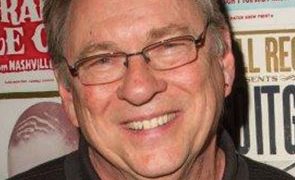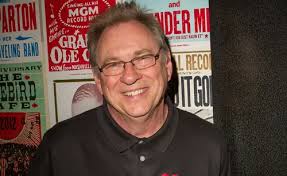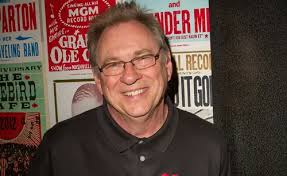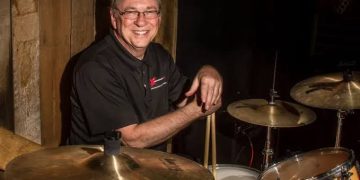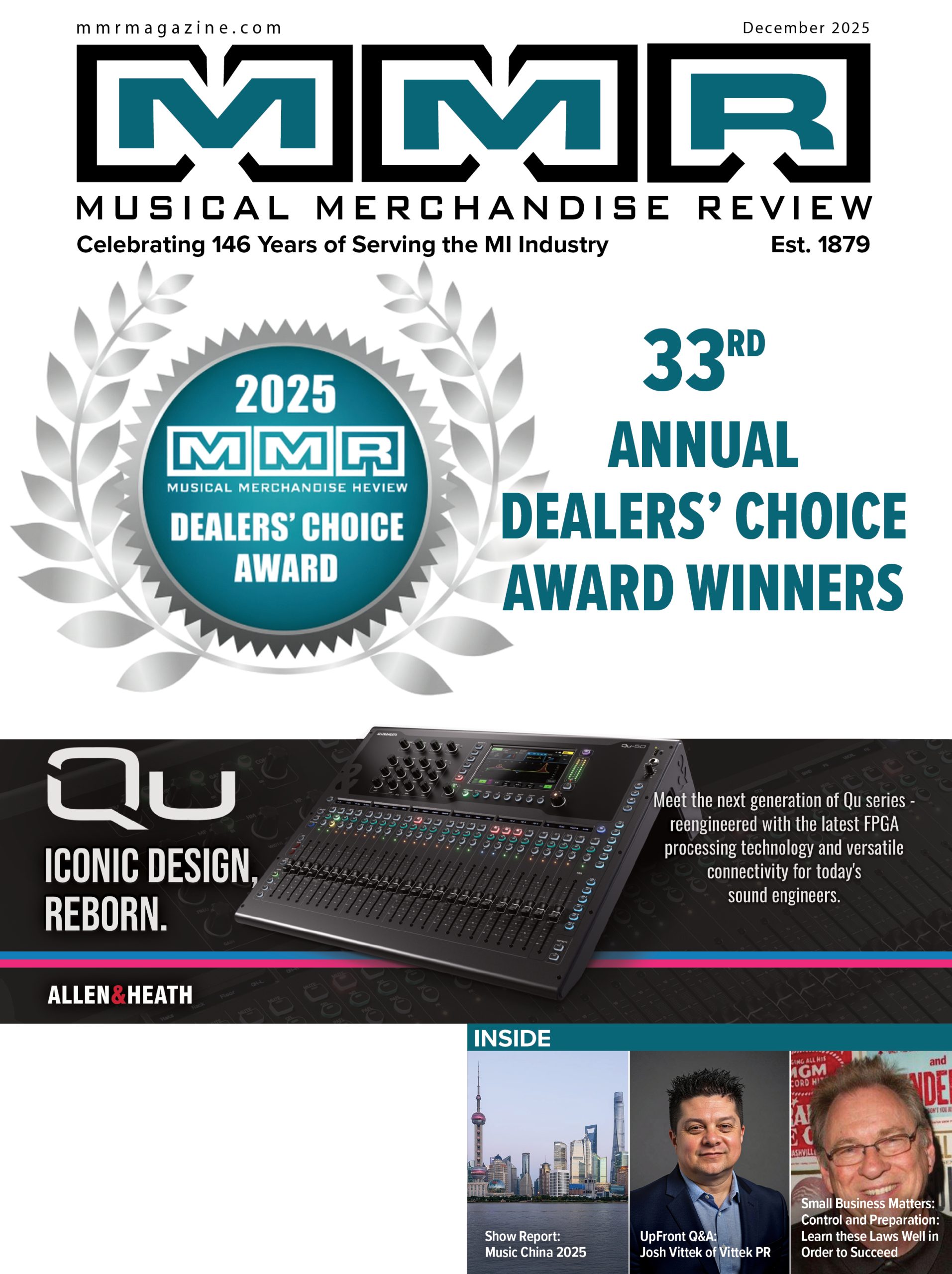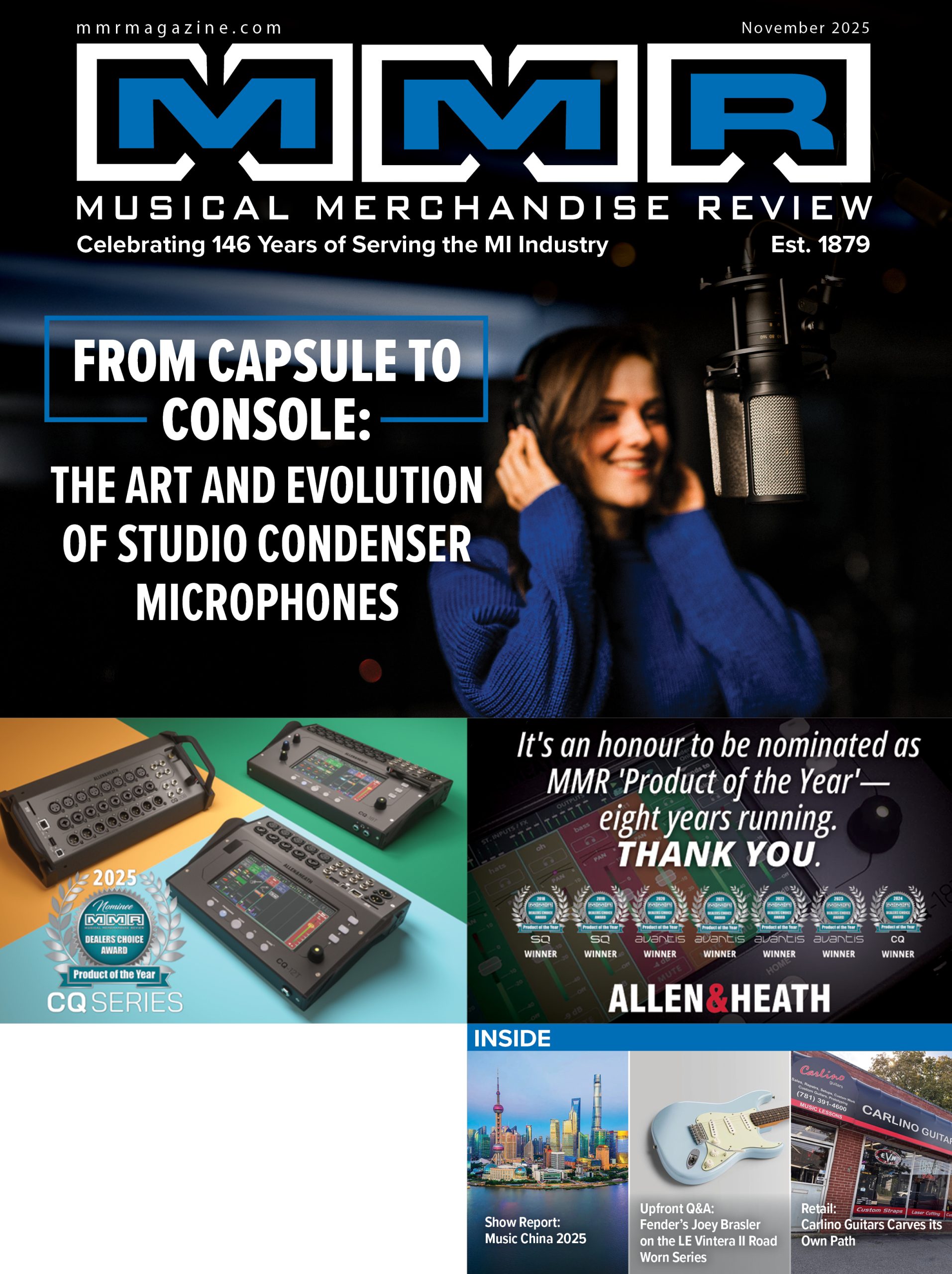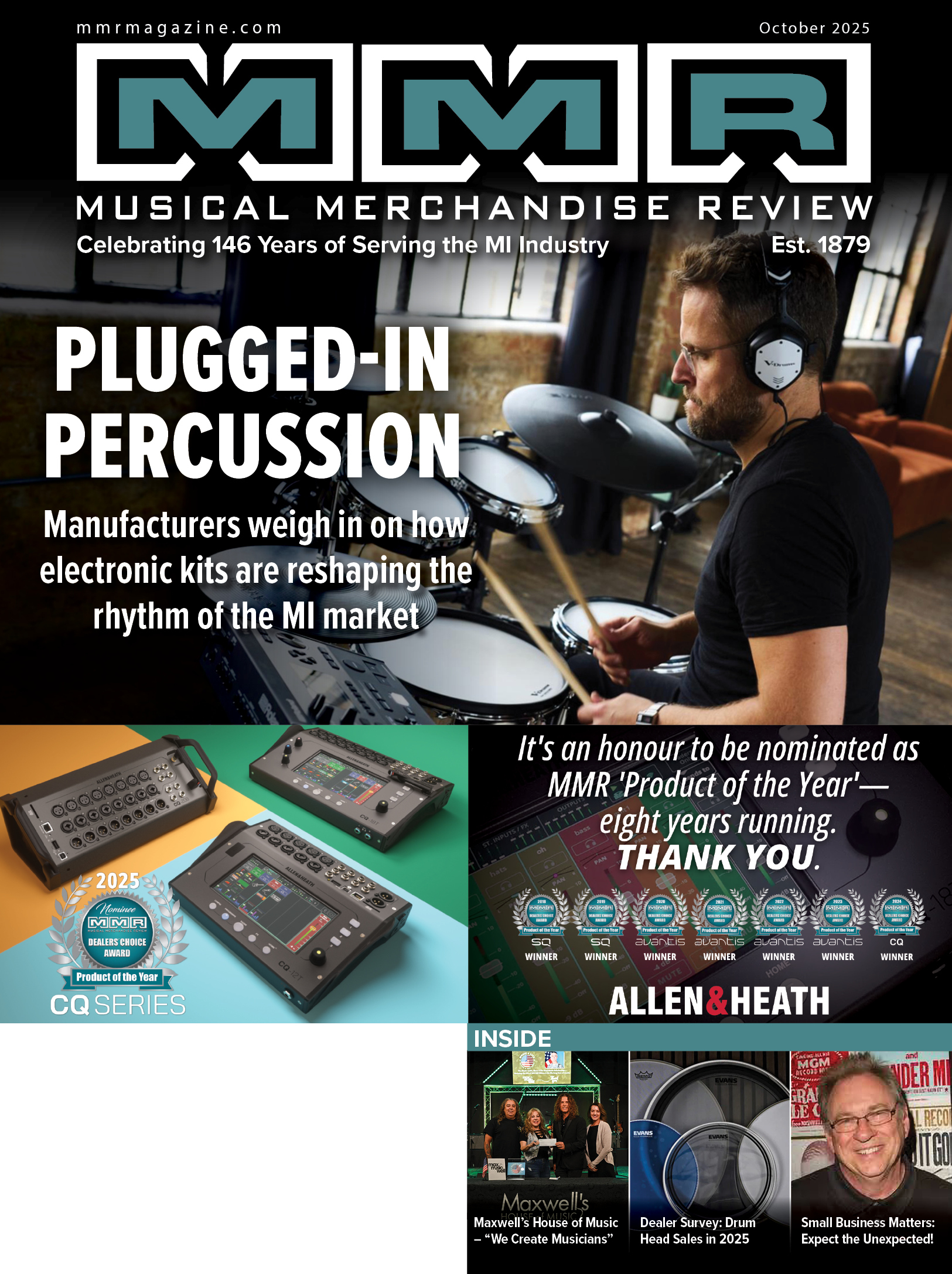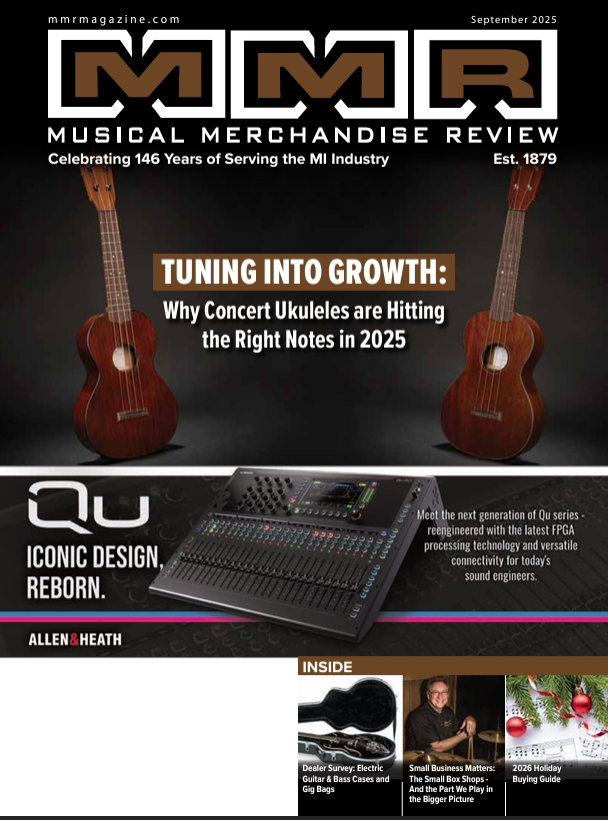 In a seminar we did together on this topic, Greg Billings from the Steinway Piano Gallery in Naples, Florida said, “If I had known then what I know now, I would have embraced my early failures rather than trying to excuse them.”
In a seminar we did together on this topic, Greg Billings from the Steinway Piano Gallery in Naples, Florida said, “If I had known then what I know now, I would have embraced my early failures rather than trying to excuse them.”
Greg also shared that it is important to make sure to “engage in relationship building.” I couldn’t agree more.
One benefit our industry provides dealers is the opportunity for comradery and sharing best practices. Some of my best relationships have bloomed from dinner conversations at the NAMM Top 100 held at the summer NAMM show.
Here are some reflections I have gleaned from dealers I have met along the way.
1. The most important thing I know now…
is that the music industry – no matter how many changes and nuances we endure – remains passionate, innovative, creative, and exciting; and just when you think you have seen everything, someone takes an old idea and makes it relevant again or develops a fresh way to consider applying something that’s been right under your nose. You need look no further than a Google of Chris Stapleton and Justin Timberlake on this year’s CMA’s to understand this take- away. This is just as true in music retail and music education as well. Where there is passion, there is fire.
2. Money, Money, Money, Mon-nah…
The most common “If I knew then” I hear from almost every dealer that has tried his hand at owning a music store is he wishes he had possessed a better understanding when he began of how much funding it takes to run and maintain a retail music store. Most independent storeowners are usually musicians, repairmen, or music educators who have had success in some other aspect of the music business and then opened a retail store to expand their success. What is often discovered is that when you expand offerings, there is a lag time before the new undertakings generate a positive cash flow. Simple stuff, right? You may be surprised to learn it is a problem that never takes a day off. Since you can’t control extenuating circumstances, the best protection you can have is to plan accordingly in advance and expect the unexpected. To budget for the unexpected is a difficult discipline, but one that you will learn all too well, and it is the most important tool of survival.
3. You must go in knowing trends change, and new trends have to be embraced…
Do you remember Fafisia organs, Trixon Drums, or eight track tapes? They are a true reminder of what Tower of Power told us years back, “What is hip today might become passé.” This ties directly into economic trends as well; you can never be over prepared for the unexpected. The problem is that even the best of us can’t see into the future. Our industry is always in the process of reinventing itself, and it definitely is in that process now.
Distribution channels pertaining to every aspect of the music business whether it’s gear or music itself are constantly in a state flux. Just ask the people of Indiana how they feel about Carrier moving their plant out of Indiana and into Mexico.
Everyone knows that “mobile” is the hot medium now, and you can’t argue with that, so review and embrace the current trend and make your necessary adjustments. You also may think social media is inconvenient to maintain, but the truth is you can’t fight the current trends, so keep pushing into learning.
4. “It takes a long time to play like yourself ~ Miles Davis…
I would like to close with the most important take away I have learned in my career… and that is to trust the masters because the truth is they always play like themselves. What Miles is telling us is simple really: You are guaranteed to fail if you try to be something other than who you really are. In my case, I am a musician first, and I approach every aspect in my business from that understanding. I educate from that knowing, and sell from the same understanding. In music, as in life, communication matters, listening matters, and being genuine matters. A business is a living breathing entity…and like Miles, I invite you to “play like yourself.”









